20+ Years Experience
Specialist Business Insolvency Company

Get in Touch Today to Speak to a Specialist Adviser
Once a company voluntary arrangement (CVA) has been agreed upon and approved, it becomes legally binding.
However, for a CVA to be effective, the company’s creditors must accept its payment terms. This process requires careful planning and skilful negotiation by licensed insolvency practitioners representing the insolvent company.
Unfortunately, the company’s creditors may not be willing to accept the terms offered by the insolvent company, which leaves the directors with little choice but to find alternative solutions to address their financial difficulty.
The creditors’ review process involves drafting a CVA proposal by an insolvency practitioner, which the company’s directors then review.
If the directors approve the CVA, it is submitted to the court, and a copy is sent to each of the company’s creditors.
The company’s shareholders and creditors must approve the CVA proposal for it to become a legally binding agreement. A shareholders’ meeting is held first, where the document must receive the approval of 50% of the shareholders (by value).
Once the shareholders approve the proposed CVA terms, a creditors’ meeting will follow. At this stage, 75% of the company’s creditors (by the value of debt) must also agree to the CVA for it to pass. It is common for the company voluntary arrangement terms to be rejected by creditors who are dissatisfied with the proposed value of their repayments.
If the company’s shareholders or creditors reject the terms of the CVA, the directors must consider the other company rescue options available to save the business.
Creditors who believe other options could increase their potential return are often mistaken.
In many cases, unsecured creditors are not considered a priority in insolvent liquidations, and they may not receive any repayment if the company’s debts are to be repaid.
For this reason, a well-constructed CVA that offers at least part payment of the company’s debt should be accepted.
Here are some reasons why a CVA might be rejected:
It’s worth noting that many of these objections can be worked on in advance, and any reputable professional adviser will not put forward a poorly drafted proposal that is likely to result in a rejection.
It’s important to ensure that the creditors are satisfied that there will be significant changes in management systems, finance systems, and costs, among other things.
Additionally, HMRC will have a good idea of what will work and what will not, so if they are a major creditor, the proposal must satisfy them.
If your CVA is rejected and you have already explored all of the alternative finance options available to your business, then, generally speaking, there are three options left for you to consider:
Entering into administration gives your business up to eight weeks to formulate a plan to rescue or restructure the business.
During this time, any ongoing creditor action is ceased, and a licensed insolvency practitioner is appointed to take control of the company.
Their job is to either rescue the company so it can continue as a going concern or sell off business assets for the benefit of its creditors.
A pre-pack administration involves the marketing and pre-arranged sale of a business before an administrator is appointed.
In many cases, the company’s directors or shareholders will buy the company’s assets and set up a new company that operates under a different name.
This system has been abused, so rules are in place to ensure the pre-pack delivers the best possible outcome for the company’s creditors.
If the terms of a CVA are rejected, the company directors may have no other option but to instigate a creditors’ voluntary liquidation (CVL).
A CVL allows the business to avoid a winding up petition, which could potentially be more damaging to the company’s directors.
Under a CVL, the company’s assets will be liquidated for the benefit of its creditors. Still, the directors are less likely to face the scrutiny that could lead to accusations of wrongful or unlawful trading.
If your company is viable but going through a challenging financial period, we can provide the expert advice and assistance you need.
Here are some other informative articles about business debt in the UK:

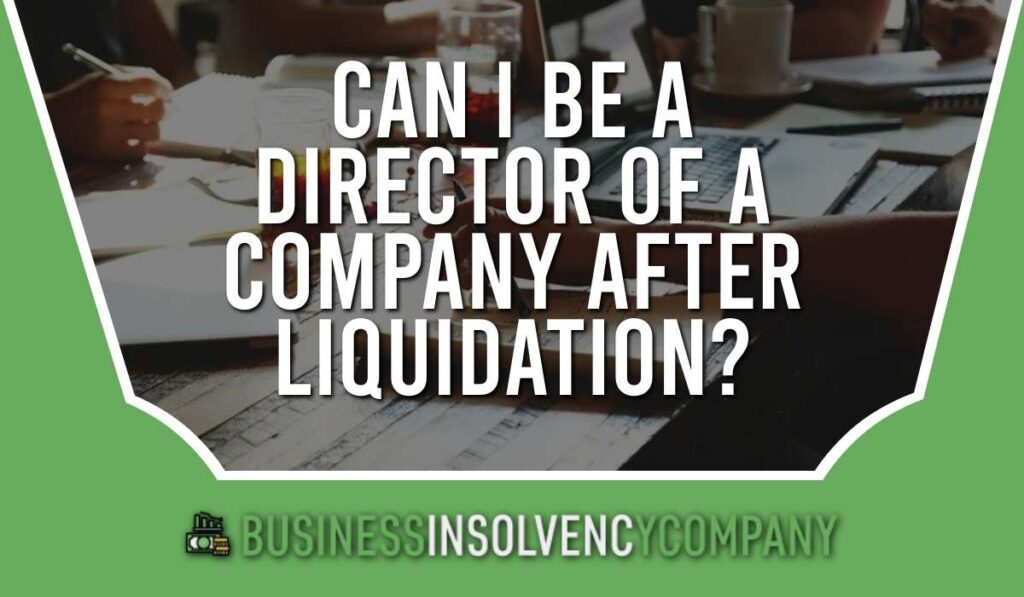


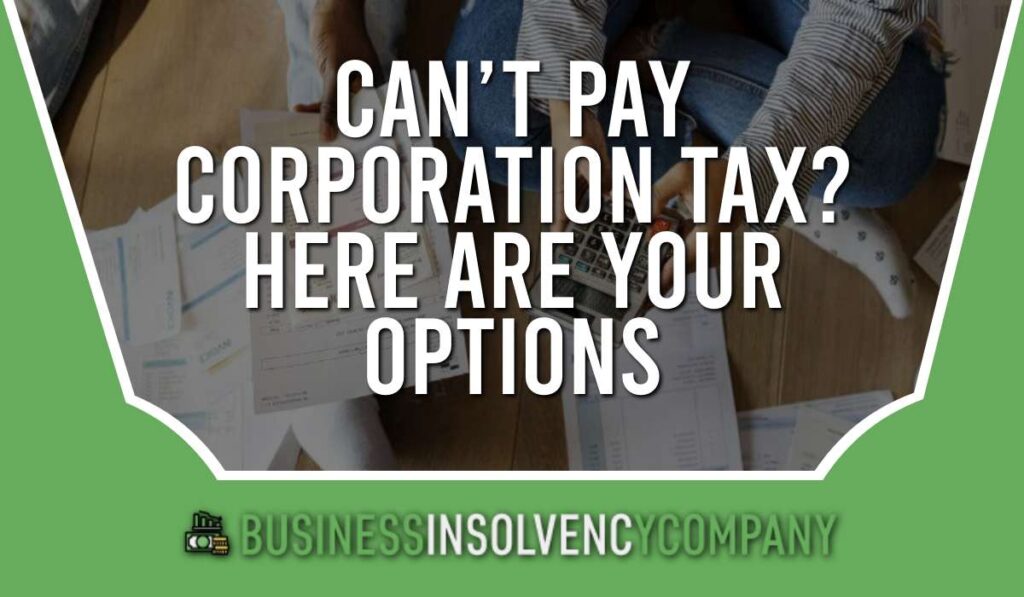

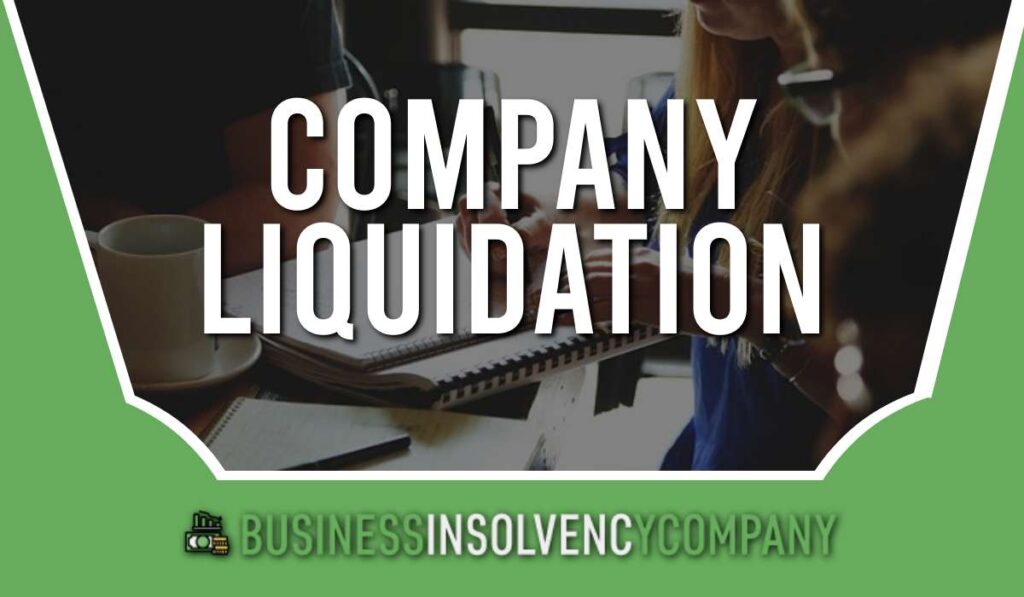
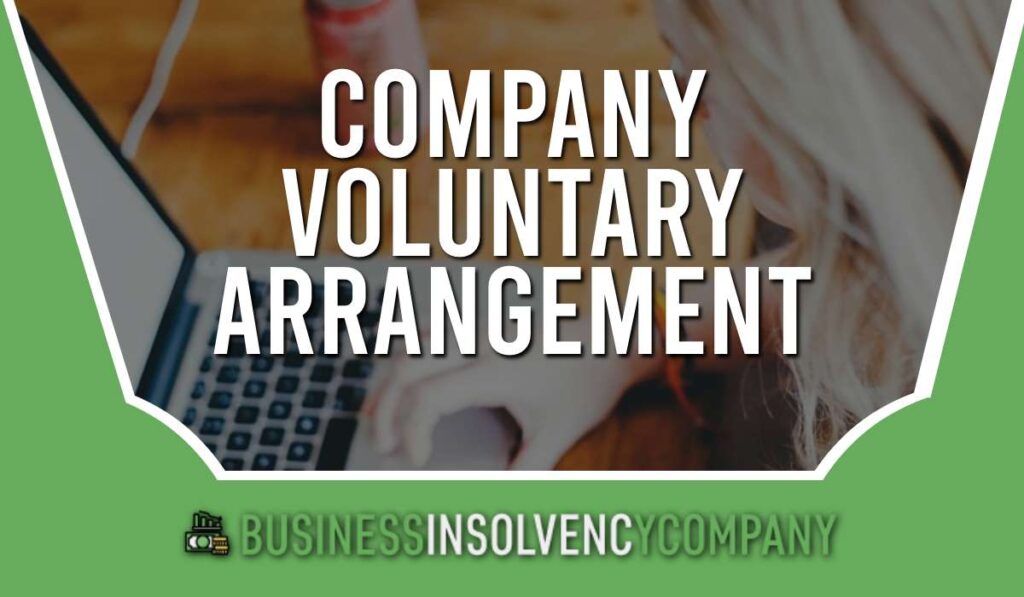

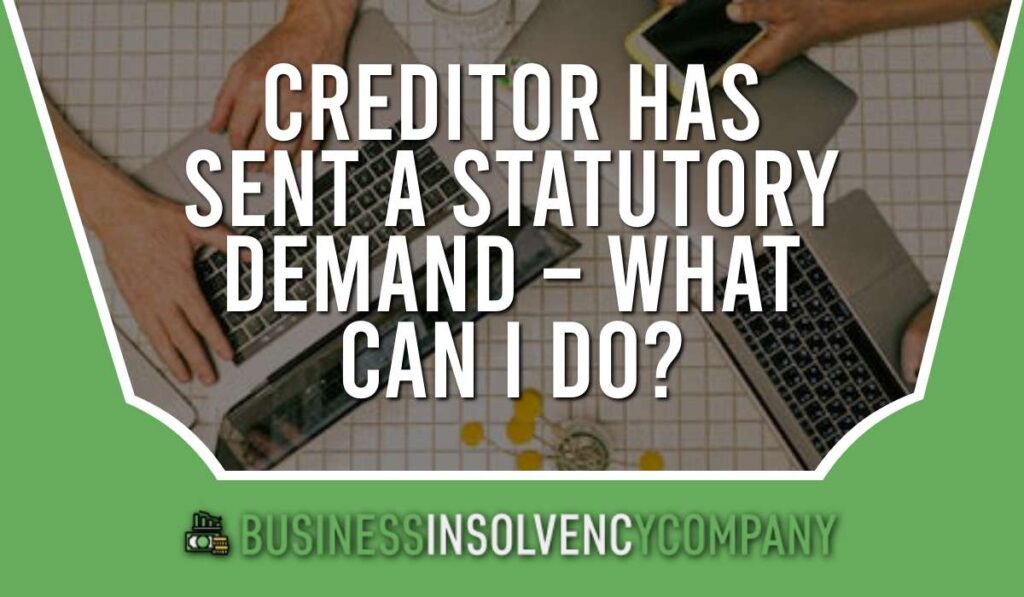
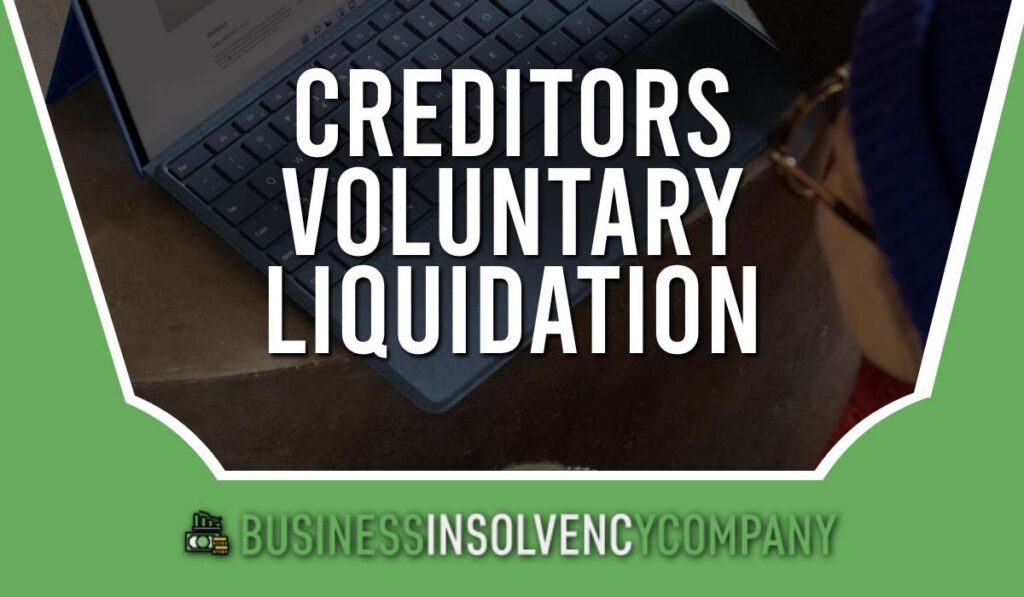
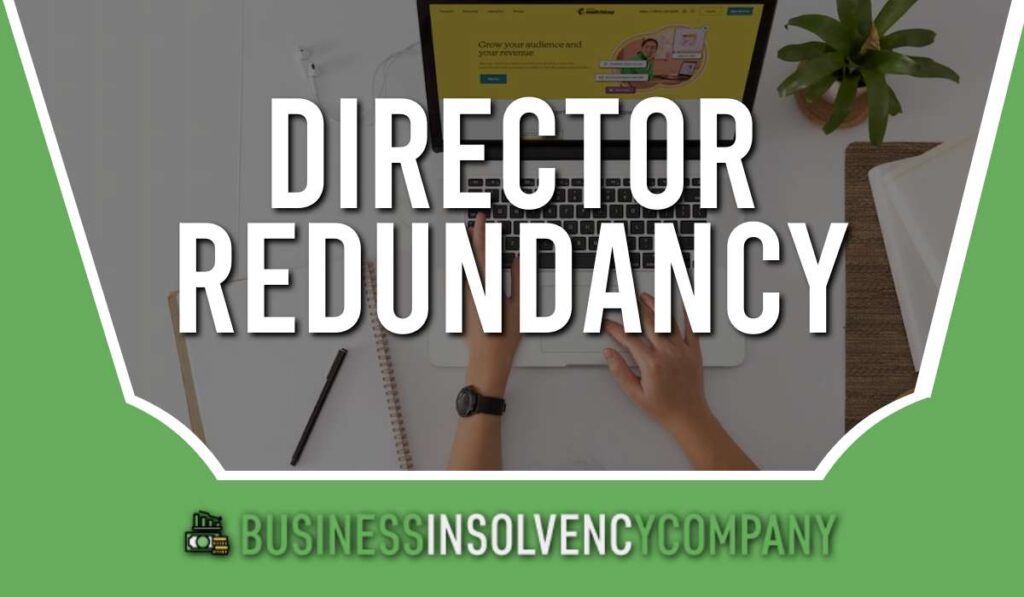
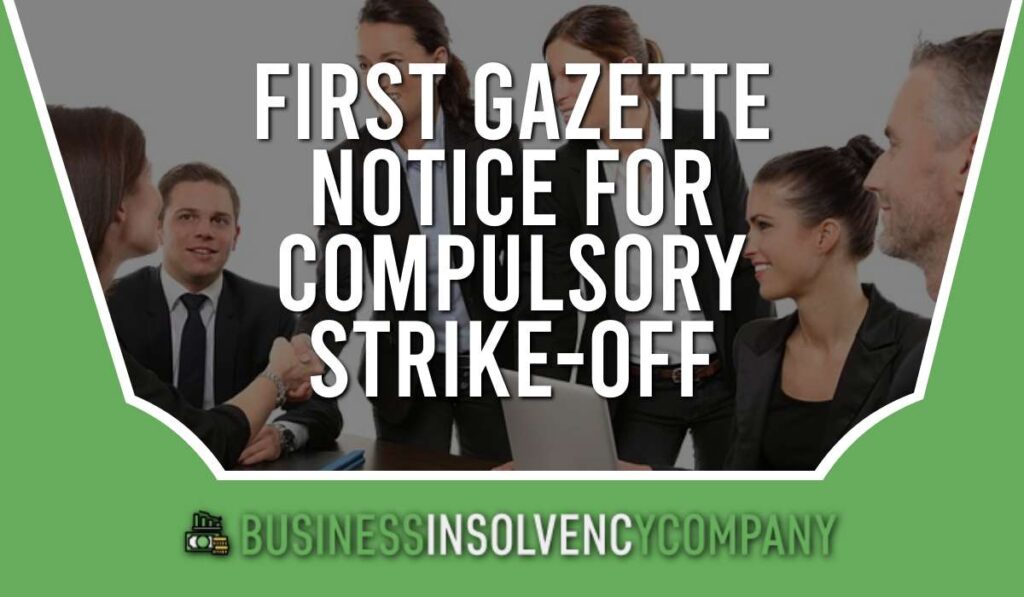
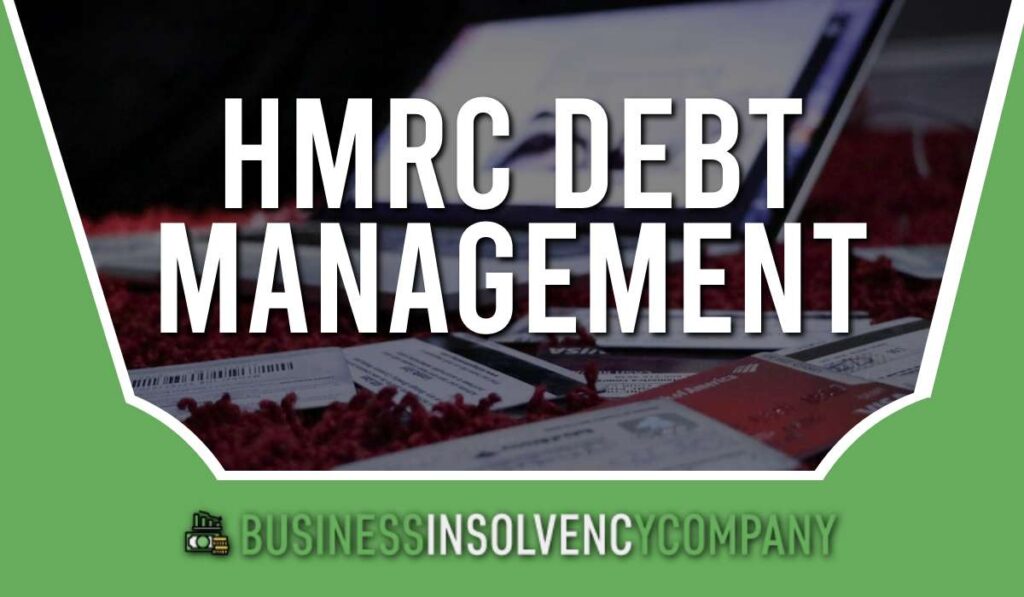

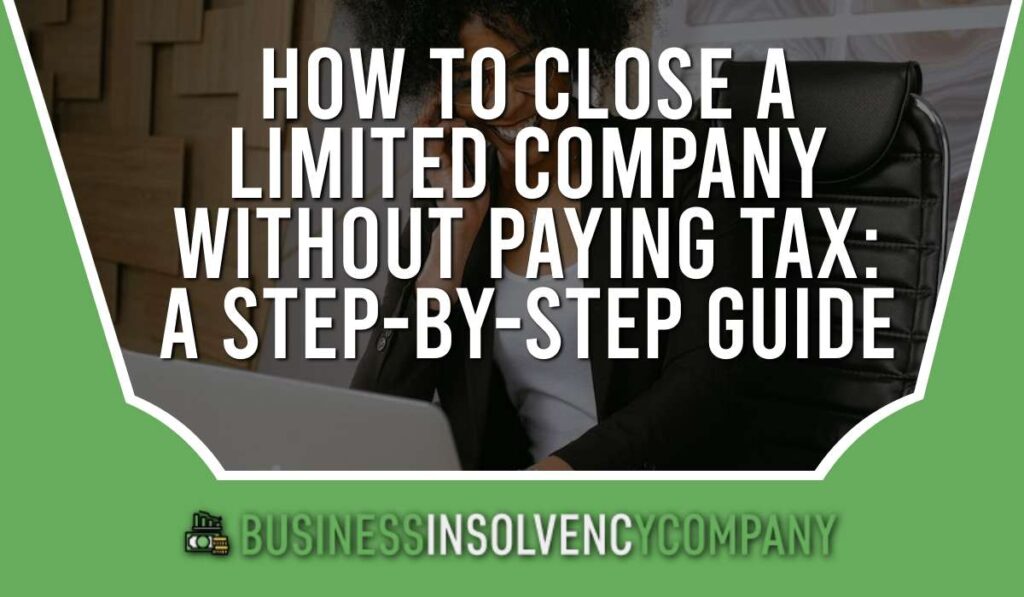
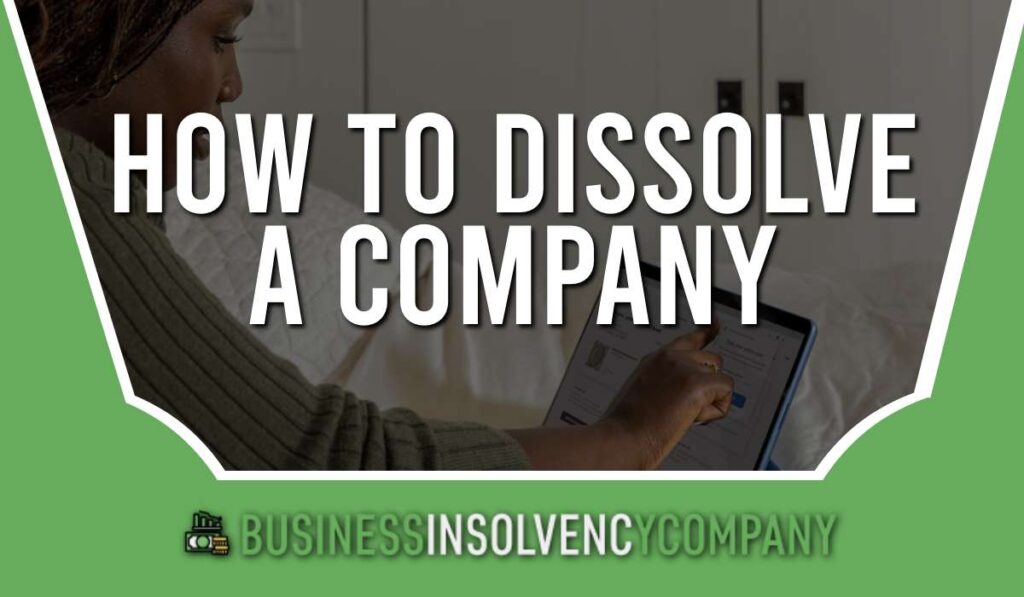



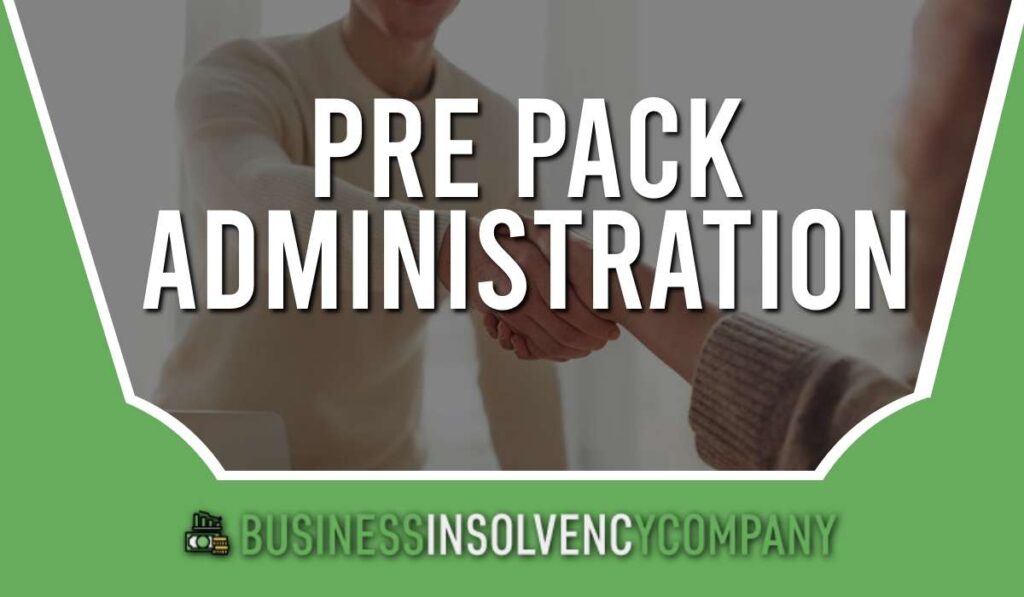





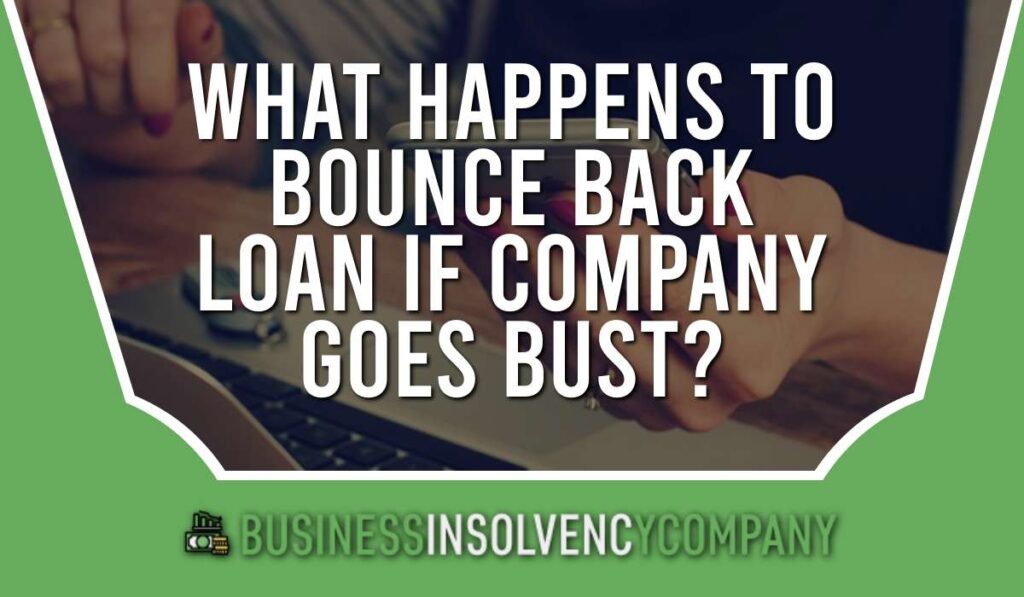
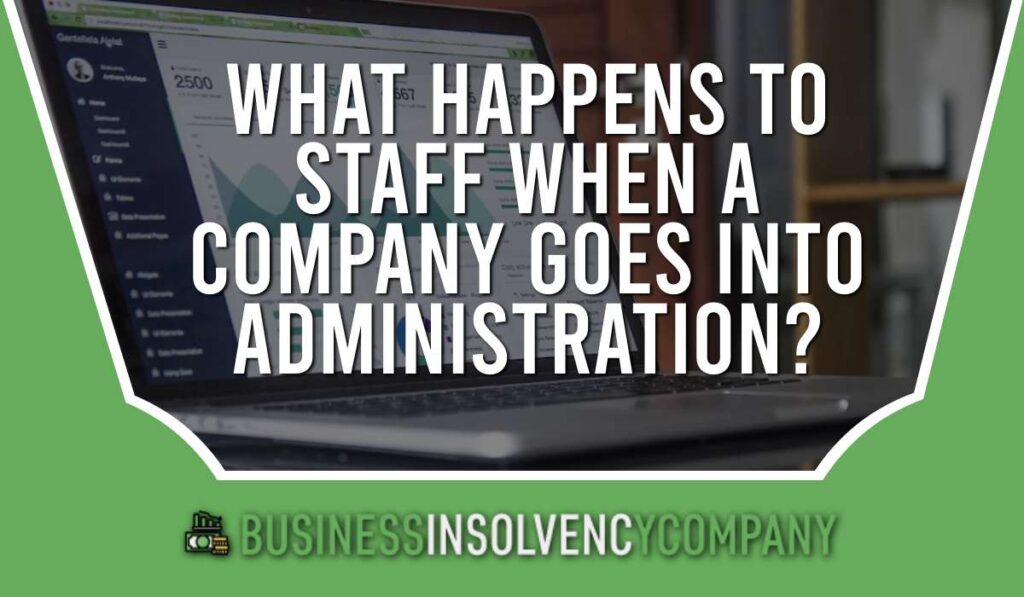

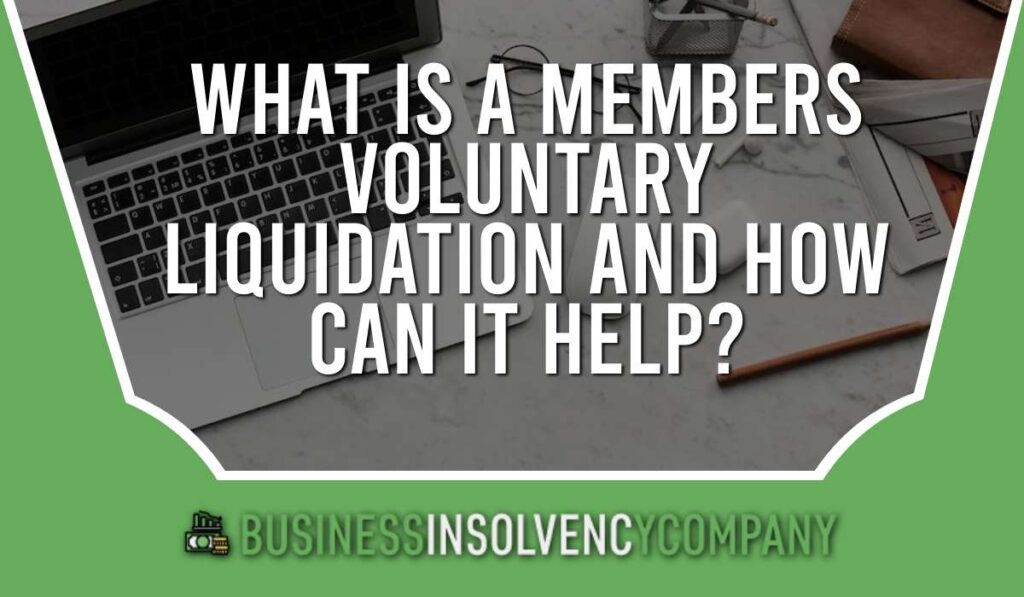

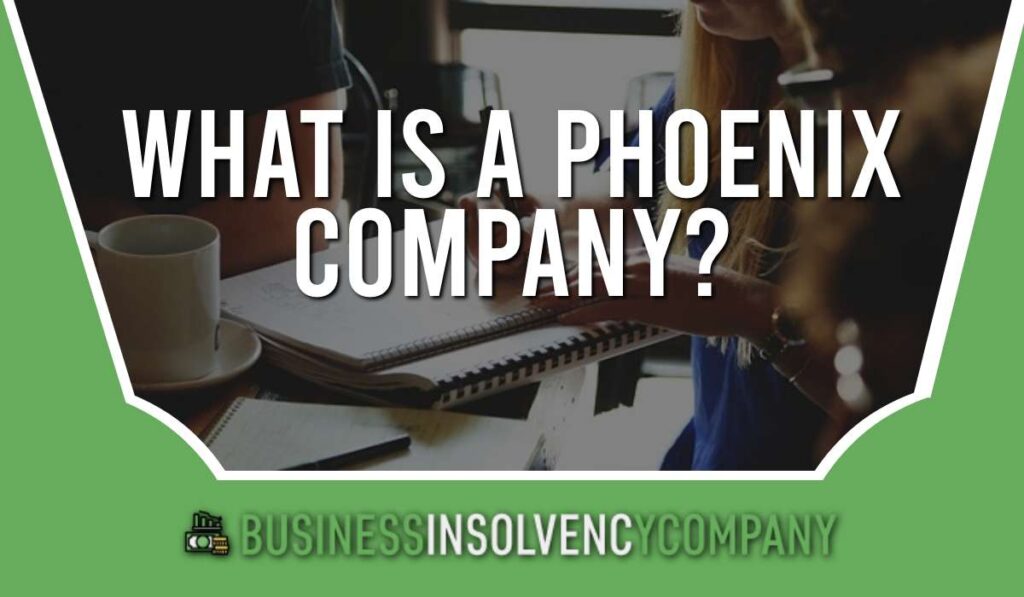

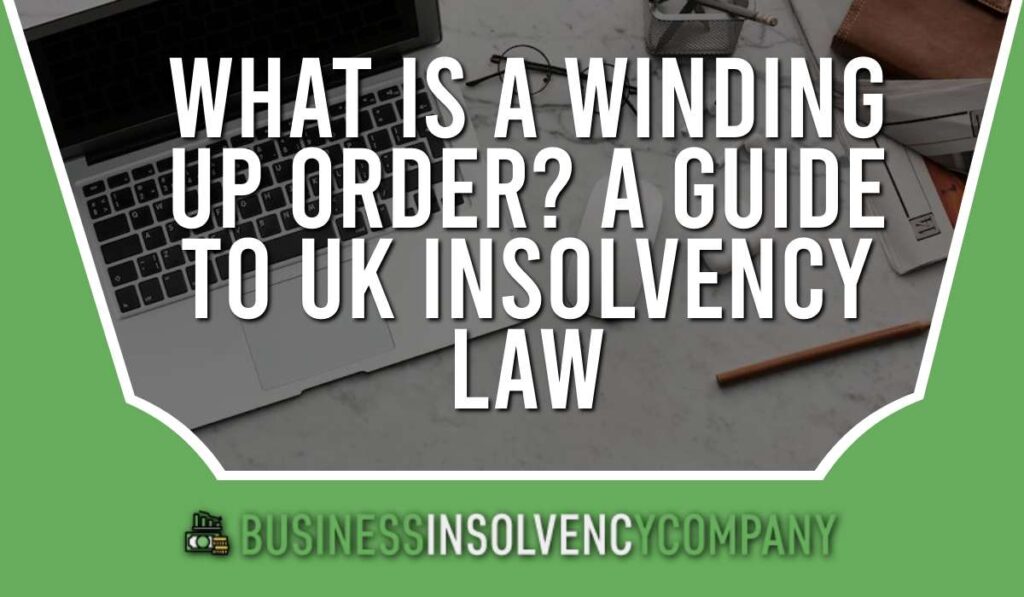




We Aim To Reply To All Enquiries With-in 24-Hours